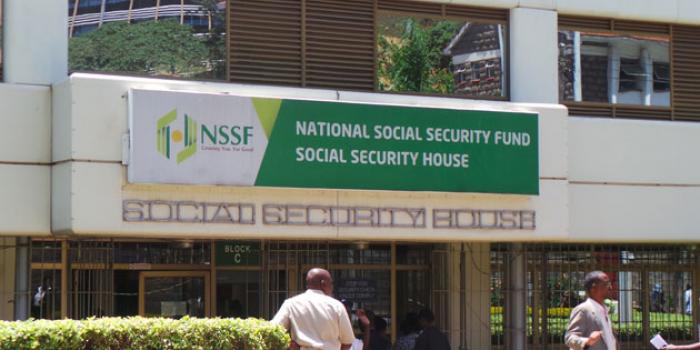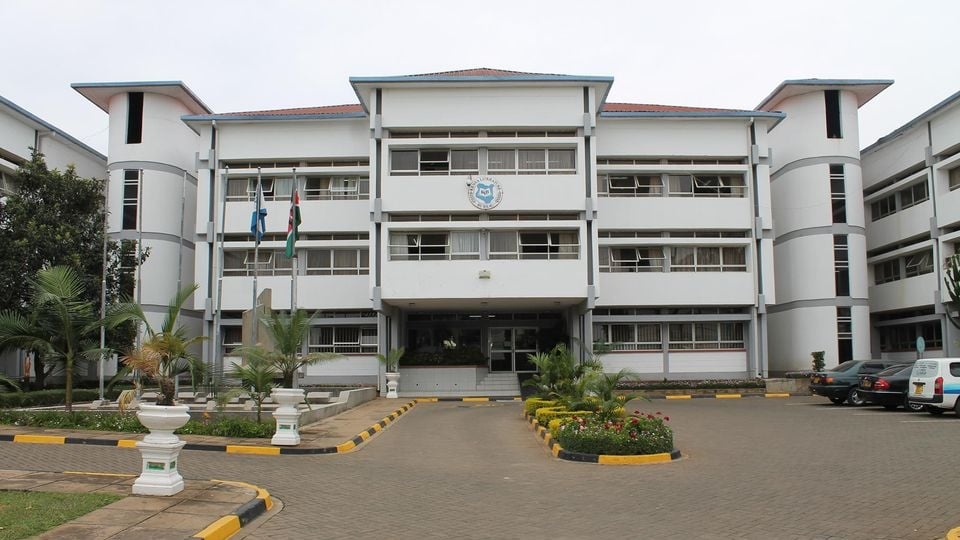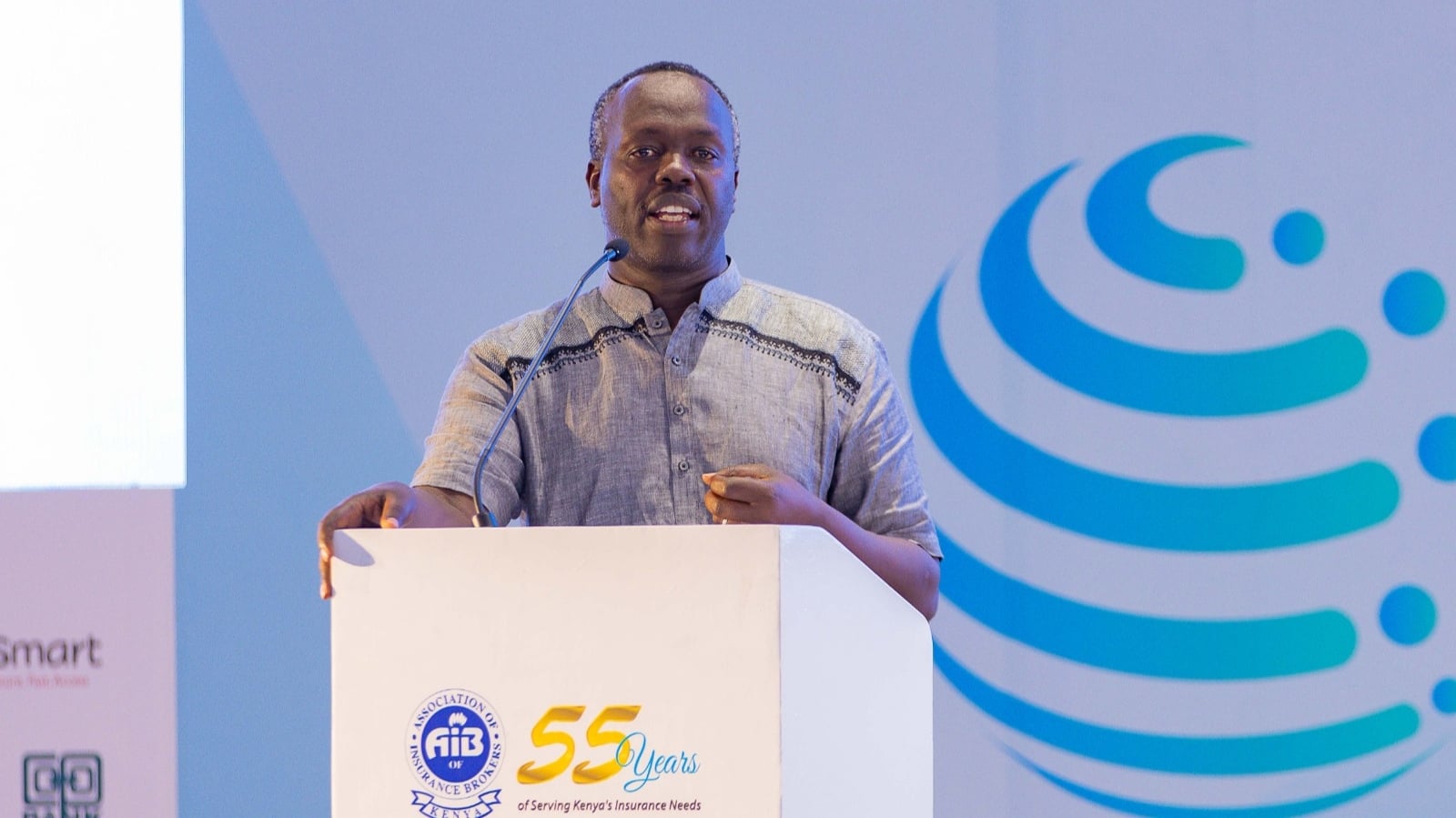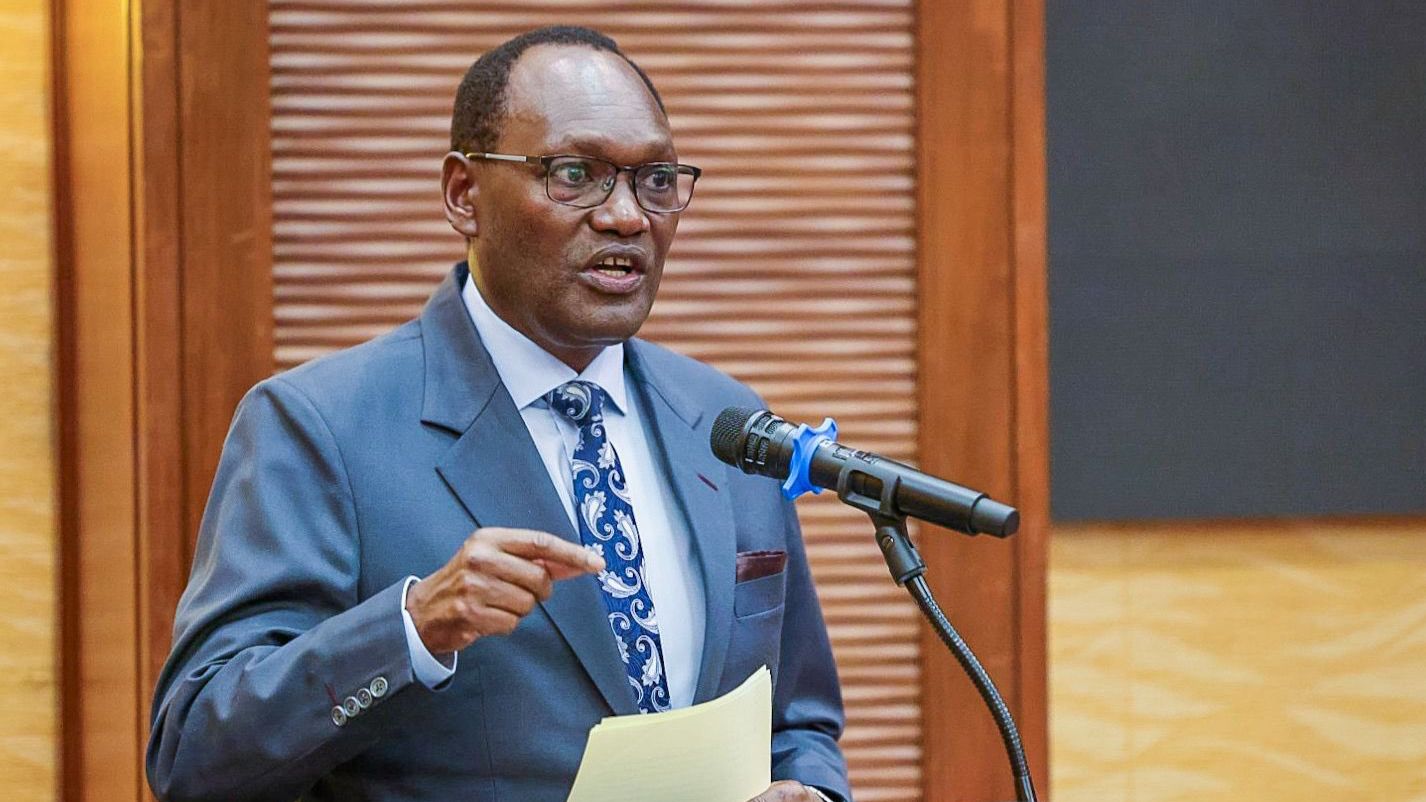Economist David Ndii would not stand harsh criticism directed at him by a Kenyan questioning the counsel he gives to President William Ruto.
Ndii chairs the President's Council of Economic Advisors (CEA) charged with counselling the president on economic deliverables and policies.
The compatriot identified as Nyakundi implied Ndii was incompetent in his duties and was misleading the country as the economy appeared to be limping.
"Senior, don't you see you lie to us? You have failed in this job," he tweeted.
Read More
.webp)
Seemingly irked, Ndii told off the Kenyan, suggesting that measures were underway to turn around the economy.
The economist was categorical that the economy would not be transformed overnight.
"Ni maskio hamna ama ni nini? We are implementing the solution. It is called structural adjustment, IMF programme, austerity, call it what you like. It is painful. There are still plenty of people who lived through the last one in the early 90s. Ask them. Choices consequences," he said.
Even as the government antagonists called for austerity measures and Kenya's walkout from the multilateral lenders such as the IMF and the World Bank, Ndii said there was no other way out other than offsetting the monies owed to the lenders.
According to him, the current debt conceived over the last decade would have to be shouldered by Kenyans in the face of the biting economy characterised by high prices of basic commodities.
The economist suggested the government would not scrap the unending tax regimes which have been aimed at funding the budget, and also clearing the national debt stock currently standing at upward of KSh 9 trillion.
Ruto is on record calling for reforms in the manner in which the multilateral organisations engage with African countries on loans.
At some point, he claimed that the global south nations are made to pay up to at least eight times compared to the countries in the West; he was decrying the high interests with which African nations and such are asked to honour their debts.
It was his commitment during the pre-election campaigns not to continue borrowing.
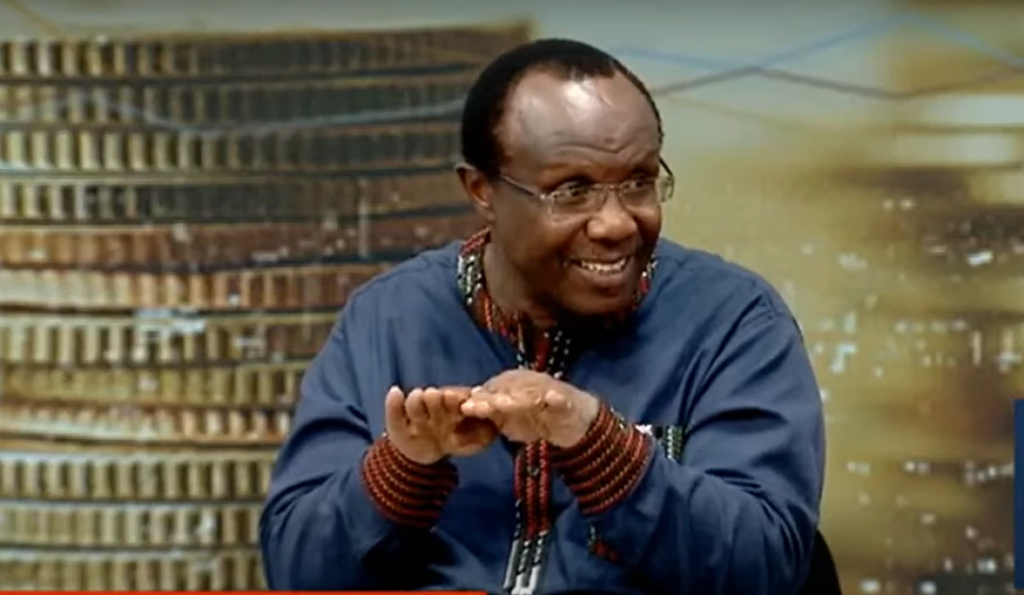


-1771314194.png)
